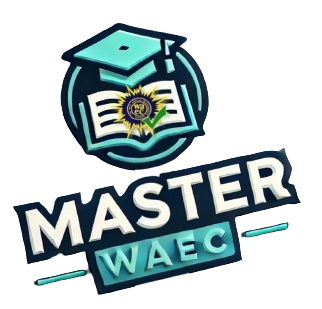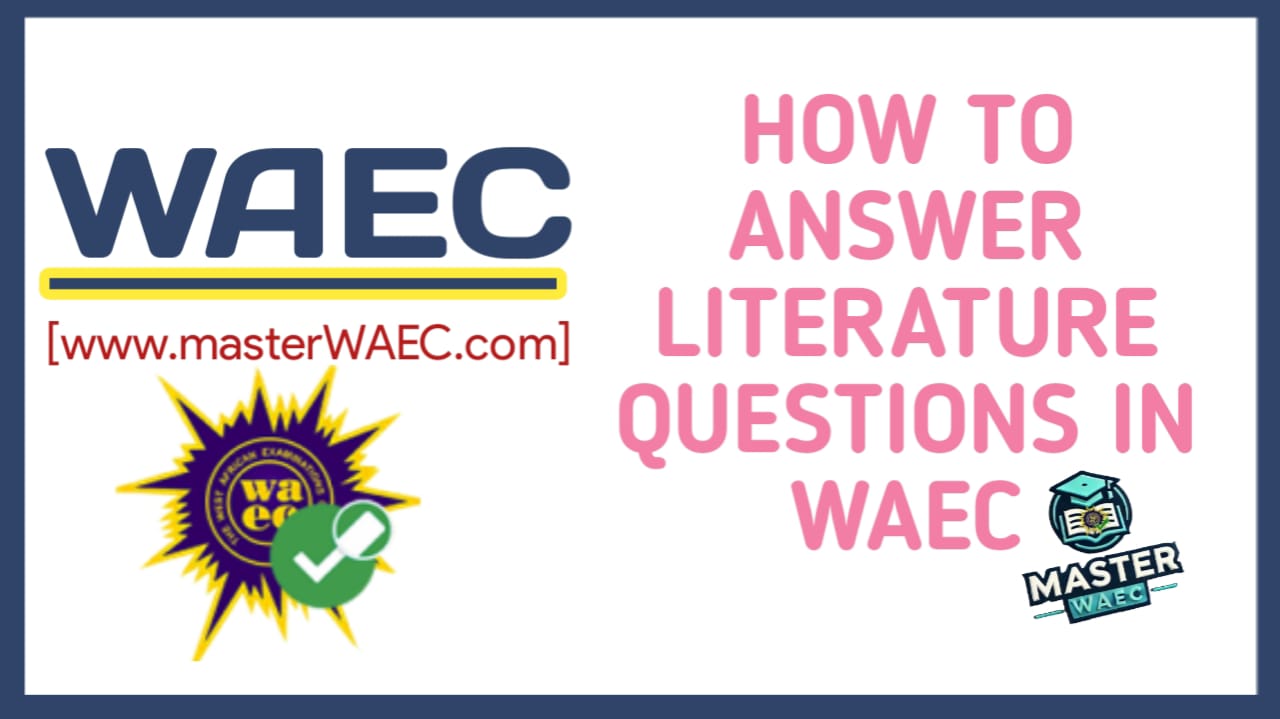Are you an art student preparing for the upcoming WAEC literature exam and searching for a guide on how to answer literature in English questions in WAEC? Search no more!
I vividly remember writing my WAEC exam around 2008, when I failed literature. Unfortunately, literature was a prerequisite for the course I wanted to study at university, which meant I had to delay my university admission that year.
To improve my chances, I created a study timetable focused solely on literature. I conducted extensive research by accessing WAEC literature past questions and answers, recommended textbooks, syllabi, and more.
After identifying my weak points, I worked on them and retook the WAEC exam in 2009. Guess what? I passed literature with an A1 grade!
I also shared my study guide with fellow candidates, and they too achieved good grades. Today, I’m excited to share those same strategies and guides with you.
To ensure you clear your literature paper in one sitting, please read this content carefully and don’t skip any part. Let’s dive in!
How to answer literature in English questions in WAEC?
Follow the guide below and learn how to answer literature in english questions in WAEC:
1. Avoid Narrating Stories
In literature, you are not asked to retell the story unless the question demands it. Focus on answering the specific question with clear points. Always link your answers back to the text or poem to show you have studied it.
For example, if asked about the themes in Harvest of C0rruption, don’t narrate the story. Instead, highlight themes like corruption, greed, and justice, explaining how the writer portrays them in the play.
2. Handle Comparison Questions Carefully
When you are asked to compare, for example, “Compare the characters of Ogeyi and Ochuole in Harvest of C0rruption,” you must write about both similarities and differences.
- Similarities: Talk about shared traits or experiences.
- Differences: Highlight how each character stands out.
If you focus on only one side (either similarities or differences), you will lose marks because the question is asking for both.
3. Tackle Contrast Questions with Precision
For questions like, “Explain the use of contrast in Piano and Drums,” focus solely on the differences. Discuss how the poem contrasts tradition (symbolized by the drums) with modernity (symbolized by the piano). Stick to the contrasts and avoid including unnecessary details.
4. Interpreting Poetic Language and Diction
When a question asks about the language or diction of a poem, it’s inquiring about the figures of speech and literary devices the poet employs.
For example:
- Is the poet using metaphors, similes, personification, or symbolism?
- How do these devices enhance the poem’s message?
Avoid making general statements like “The language is simple” or “The language is complex.” Instead, identify specific literary tools that contribute to its simplicity or complexity.
5. Writing Character Sketches
When describing characters in a text, always focus on these three things:
- What the writer says about the character.
- What other characters say about them.
- Your personal impression of the character while reading.
For instance, if asked to write about the character of Ochuole in Harvest of C0rruption, describe her manipulative and c0rrupt nature by referencing how she interacts with other characters and the situations she creates.
6. Quoting from the Texts
Quoting directly from the text shows you understand it deeply. However, Only quote when you are sure the words are correct. If unsure, paraphrase instead. Quoting incorrectly may result in penalties.
For example, when explaining a theme, you can include quotes like: C0rruption is presented as a cankerworm eating deep into the society.
7. Provide Well Developed Points
When answering questions that require points, ensure you provide at least 3-4 detailed and well explained points. For instance, if the question pertains to themes in “The Lion and the Jewel,” dedicate each paragraph to a single theme, supporting your argument with examples from the text.
8. Only Answer Questions You Understand
If a question appears confusing, do not attempt to answer it. Misinterpreting a question can lead to irrelevant answers, resulting in lost marks.
9. Use the Present Tense
Always write your answers in the simple present tense, as it makes your analysis feel current and relevant. For example, say, “Sidi represents beauty and pride in the village,” instead of “Sidi represented beauty.”
ALSO READ: 9 WAEC Subjects for Business Administration
Conclusion
Answering WAEC Literature in English questions is not as hard as it seems when you follow the right steps. Focus on analyzing the texts critically, avoid unnecessary narration, and support your answers with references. With practice and preparation, you’ll perform well and ace your exam.

Kolade Kayode, known as Mr. KK, I am a Nigerian education blogger and founder of MasterWAEC.com. Passionate about student success, I simplifies WAEC exam preparation with accurate tips and resources to help students excel.


2 thoughts on “How to Answer Literature In English Questions In WAEC?”